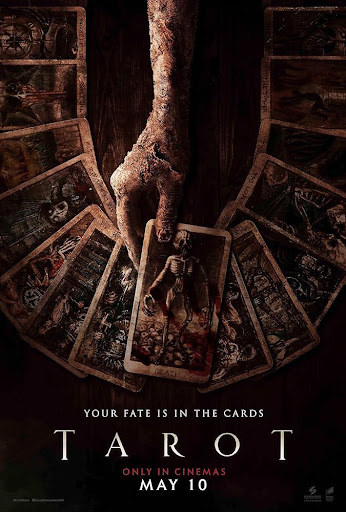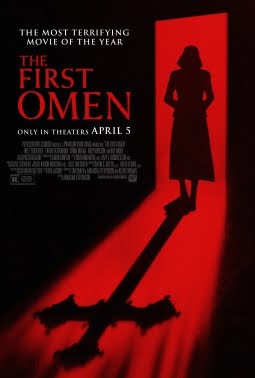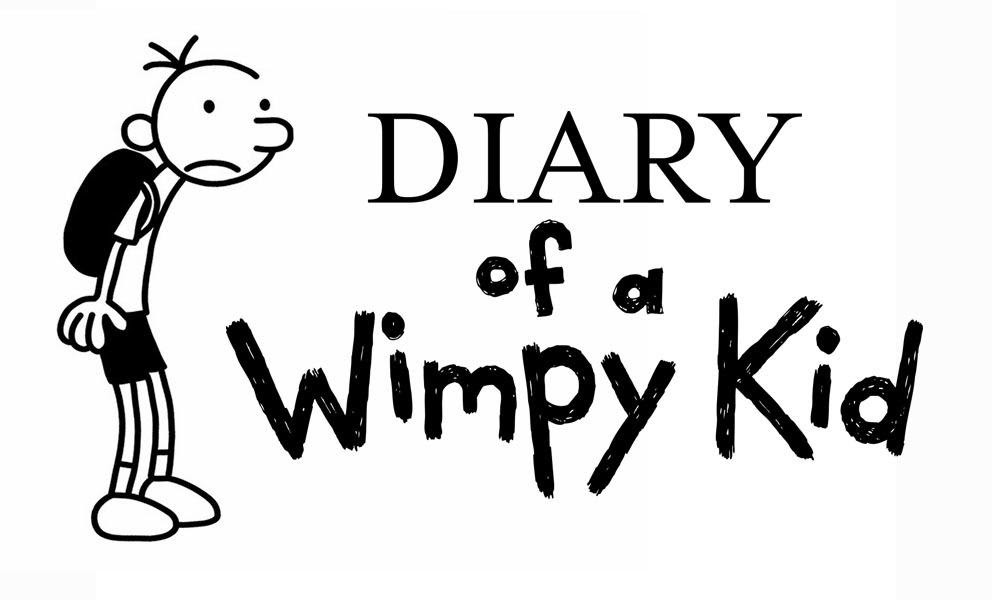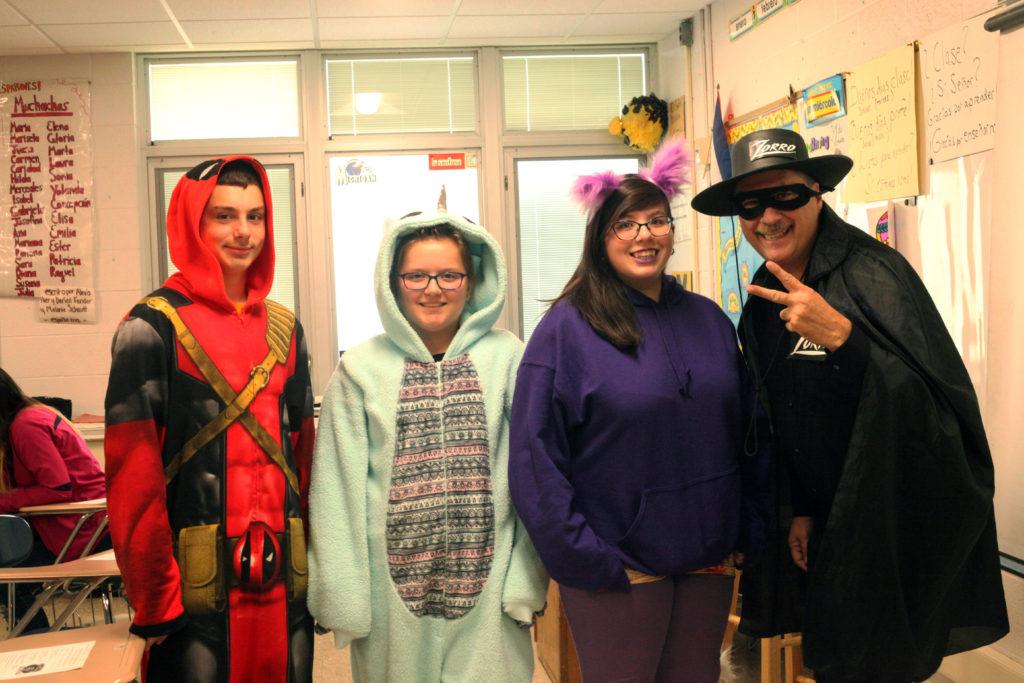Halloween is one of the most well known holidays, but many people don’t know where it came from. Most think it comes from Mexico’s Day of The Dead. And while they aren’t wrong in thinking that, there are several things wrong with that idea.
Halloween originated in Ireland, over 2,00 years ago. The Celtics created it to celebrate the ancient Celtic festival of Samhain. The Celtics would dress in costumes, light bonfires, and carve gourds into scary faces to ward off demons and other spirits. They would appease these spirits by giving them treats.
When the Celtics moved into England, the church began celebrating All Saints Day or Allhollomas the day before the Samhain festival. This day eventually turned into All-Hallows-eve, and then became known as Halloween. The church celebrated Halloween the same way that the Celtics used to during the Samhain festival, while also incorporating Christianity into it.
Eventually Halloween turned into what America knows it as. Several other countries such as Ireland and Scotland celebrate Halloween just like the U.S. Britain celebrates both Halloween on October 31st and Guy Fawkes Day on Nov. 5th. Mexico’s day of the dead may be a very beautiful tradition, but it is nothing like the true origins of the Halloween we know and love today.
Works Cited
History.com, A&E Television Networks, www.history.com/topics/halloween/history-of-halloween.
Laskowski, Amy. “The History of All Hallows’ Eve | BU Today | Boston University.” BU Today, www.bu.edu/today/2013/how-did-halloween-get-started/.





